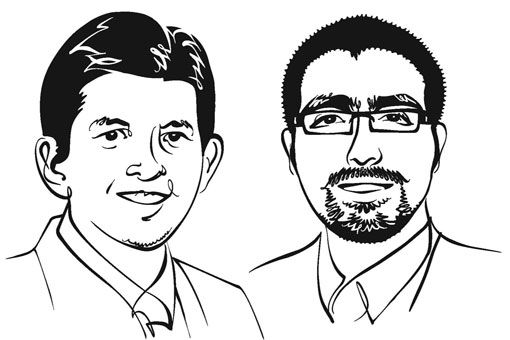Young social activists are playing a new role in Peru today. The previous generation of young Peruvians defined their priorities differently in response to the violence of the 1980s. Terrorist groups such as Sendero Luminoso and the Movimiento Revolucionario Tupac Amaru (MRTA) provoked heavy state repression, especially in the rural Andes and the Amazon. As a result, youth movements at the time focused on human rights advocacy. Young professionals created NGOs such as the Instituto de Defensa Legal (IDL) and the Asociación Pro Derechos Humanos (Aprode) and were instrumental in the subsequent creation of the NGO La Coordinadora Nacional de Derechos Humanos (CNDDHH) that has served as an umbrella group for dozens of human rights NGOs.
Our national landscape has changed. Although many of those human rights advocacy groups exist to this day, new issues have appeared. The government’s focus on macroeconomic growth, to the exclusion of poverty alleviation, has given rise to new social conflicts. As a result, today’s generation is interested in economic and social development. We are focused on improving the quality of life for the most vulnerable of our fellow citizens. And our energies and concerns have led to the creation of development-oriented organizations, such as Minkando (a Lima-based organization of students and young professionals that focuses on youth and adolescent development) and Un Techo Para Mi País (an organization founded in Chile that arranges the construction of inexpensive homes for underserved communities).
Not only do the priorities of today’s generation differ from those of previous ones, so do the political and ideological circumstances.
During the 1980s, youth was more involved in politics. In Peru, those who advocated the defense of human rights generally belonged to sectors that had a more leftist inclination. There was a level of militancy endorsed by political institutions and certain sectors of the Catholic Church aimed at defending the population against state repression.
The current generation does not feel the need to be aligned to a political party or idea. It is not political affiliation that motivates their actions but the consciousness that large numbers of people in our country lack some of the basic needs of life…





